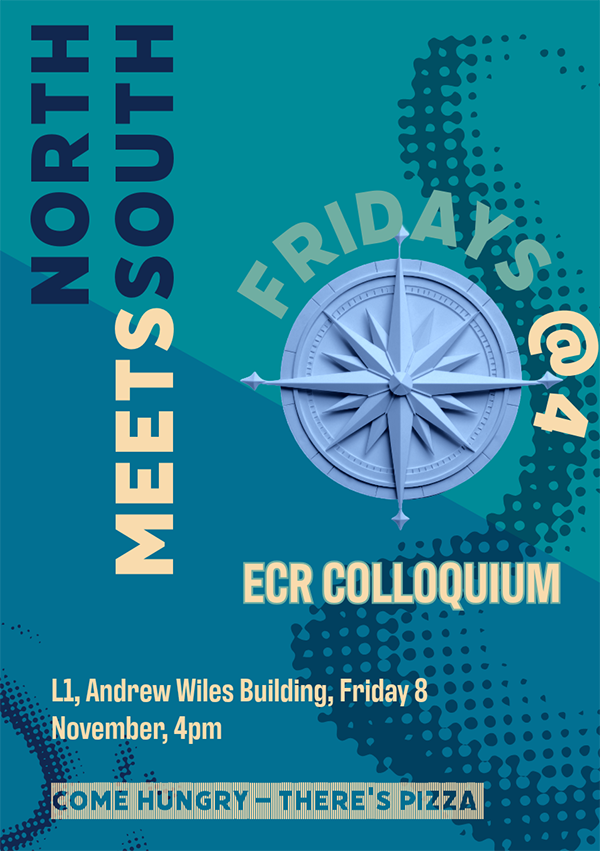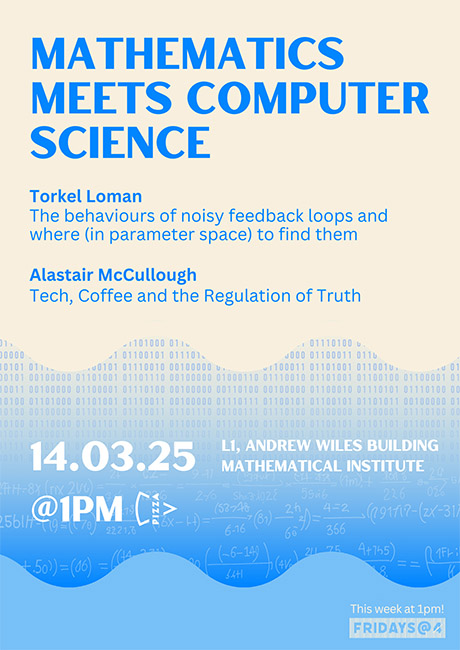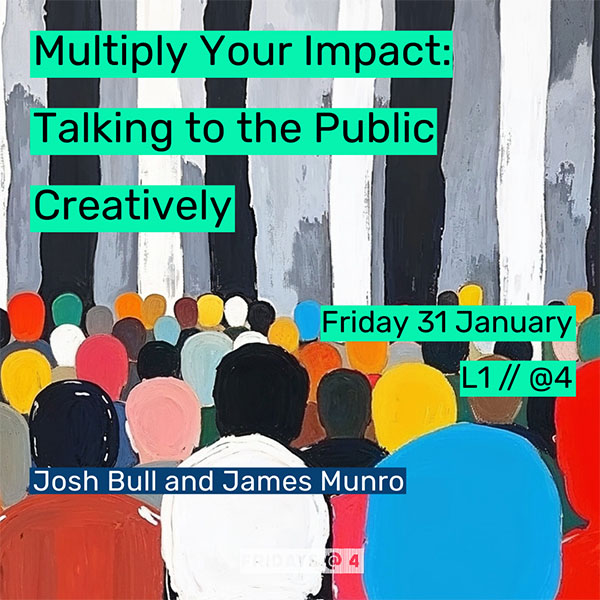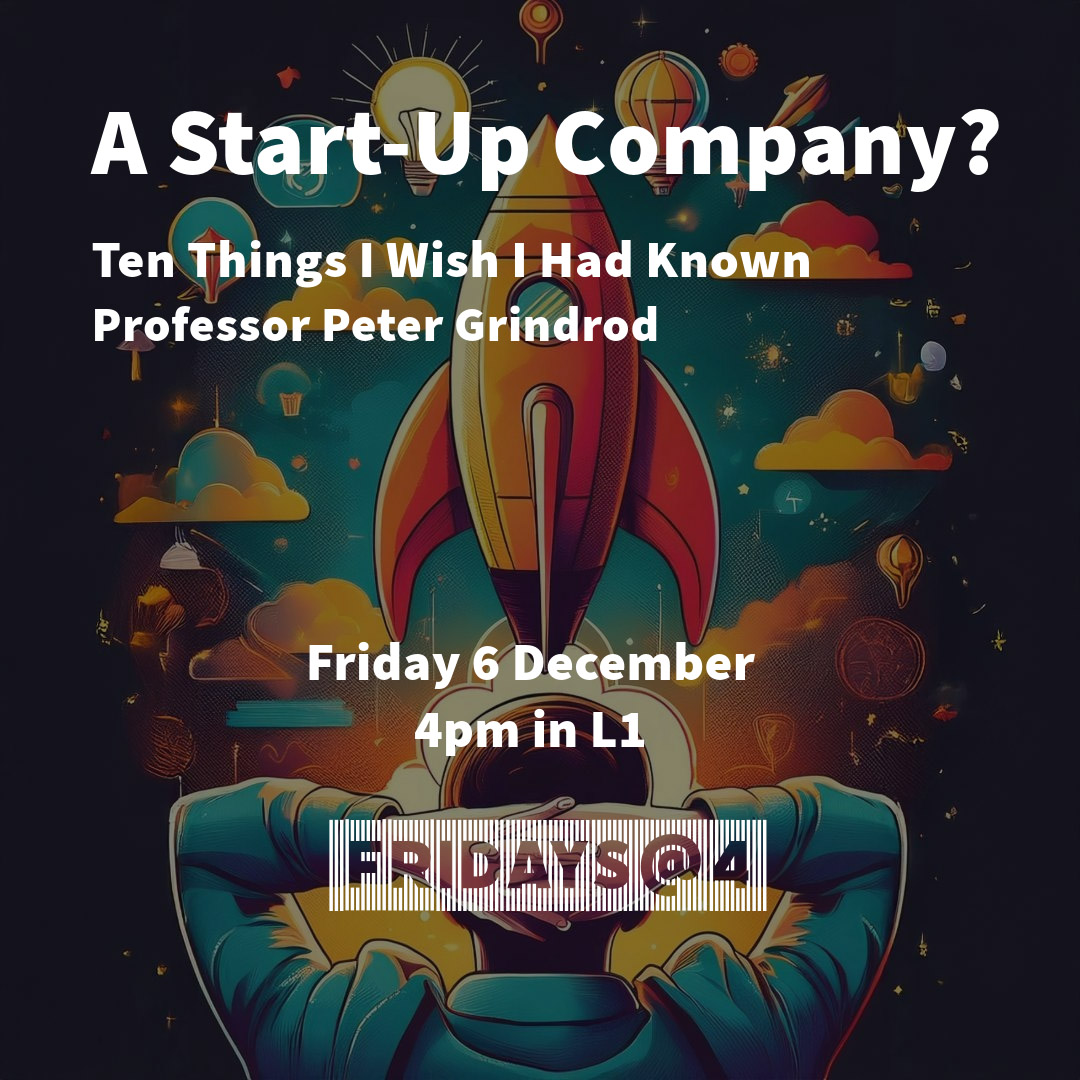North meets South is a tradition founded by and for early-career researchers. One speaker from the North of the Andrew Wiles Building and one speaker from the South each present an idea from their work in an accessible yet intriguing way.
North Wing
Speaker: Paul-Hermann Balduf
Title: Statistics of Feynman integral
Abstract: In quantum field theory, one way to compute predictions for physical observables is perturbation theory, which means that the sought-after quantity is expressed as a formal power series in some coupling parameter. The coefficients of the power series are Feynman integrals, which are, in general, very complicated functions of the masses and momenta involved in the physical process. However, there is also a complementary difficulty: A higher orders, millions of distinct Feynman integrals contribute to the same series coefficient.
My talk concerns the statistical properties of Feynman integrals, specifically for phi^4 theory in 4 dimensions. I will demonstrate that the Feynman integrals under consideration follow a fairly regular distribution which is almost unchanged for higher orders in perturbation theory. The value of a given Feynman integral is correlated with many properties of the underlying Feynman graph, which can be used for efficient importance sampling of Feynman integrals. Based on 2305.13506 and 2403.16217.
South Wing
Speaker: Marc Suñé
Title: Extreme mechanics of thin elastic objects
Abstract: Exceptionally hard --- or soft -- materials, materials that are active and response to different stimuli, elastic objects that undergo large deformations; the advances in the recent decades in robotics, 3D printing and, more broadly, in materials engineering, have created a new world of opportunities to test the (extreme) mechanics of solids.
In this colloquium I will focus on the elastic instabilities of slender objects. In particular, I will discuss the transverse actuation of a stretched elastic sheet. This problem is a peculiar example of buckling under tension and it has a vast potential scope of applications, from understanding the mechanics of graphene and cell tissues, to the engineering of meta-materials.







